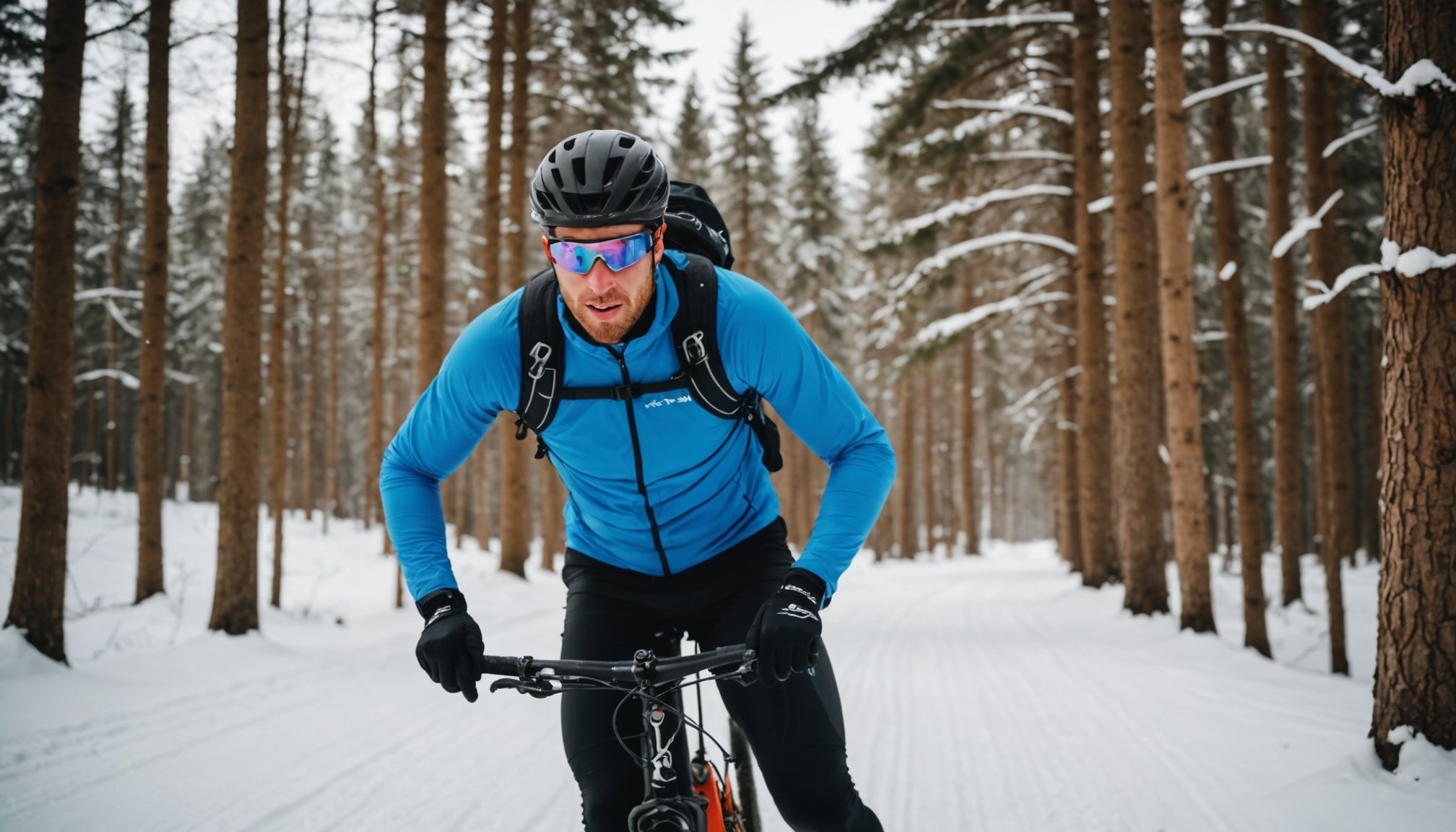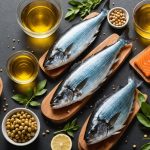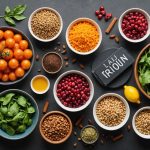Understanding Winter Hydration Needs
When engaging in winter sports, staying hydrated is crucial for both performance and health. Although it’s colder, your body still loses fluids through sweat and breathing, especially at high altitudes. This makes hydration in cold weather just as vital as in the summer months.
Winter’s chilly temperatures often lead to the misconception that dehydration is less of a risk. People may not feel thirst as intensely, which can make it challenging to recognize signs of dehydration. It’s important to drink fluids regularly, even if you aren’t feeling particularly thirsty, as cold air is quite drying.
Have you seen this : Discover How Himalayan Salt Lamps Can Alleviate Chronic Fatigue for UK Residents
Cold weather also presents unique hydration challenges. For instance, wearing multiple layers traps heat, leading to perspiration that’s not always obvious. Plus, the body’s natural thirst response is diminished by up to 40% in cold environments. This is why winter sports hydration strategies should include regular hydration breaks, even when you’re not sweating profusely.
Consider carrying a reusable insulated water bottle. It keeps drinks from freezing and encourages more frequent sipping. Additionally, consuming warm fluids such as tea or broth can be comforting and refreshing, helping maintain hydration without the chill. Remember, effective strategies and awareness can help keep hydration levels optimal during the winter season.
In the same genre : Top Strategies for Effectively Managing Eczema in the Humidity of the UK
Recommended Fluids for Winter Sports
Engaging in winter sports requires maintaining proper hydration levels despite the cold. Selecting the best drinks for hydration is crucial for performance and endurance.
Importance of Electrolytes
Electrolytes, such as sodium and potassium, play a pivotal role in maintaining hydration. They help regulate fluid balance, crucial in a frigid environment where sweat might not be as noticeable. Consuming electrolyte-rich drinks can enhance endurance, reduce fatigue, and minimize cramping during prolonged activity. Ideal choices include sports drinks or electrolyte-infused water, which replenish lost minerals efficiently.
Hydrating Foods for Sports
Incorporating hydrating foods into your diet can bolster fluid intake. Fruits like oranges, watermelon, and cucumbers contain high water content and provide additional nutrients. Including these foods before hitting the slopes or trails helps maintain hydration and supports overall wellness during intense physical activity.
Caffeinated vs. Non-Caffeinated Beverages
Caffeine affects hydration by acting as a diuretic, potentially increasing fluid loss. While moderate consumption may offer a temporary energy boost, excessive caffeine may lead to dehydration. Opt for non-caffeinated options like herbal teas or natural juices to maintain optimal fluid levels and support sustained energy without the downsides associated with caffeine during winter sports activities.
Timing Your Hydration
Establishing a hydration schedule is crucial before embarking on skiing or snowboarding adventures. Keeping the body well-hydrated can significantly influence performance and overall enjoyment on the slopes. It is recommended to start hydrating well before your skiing or snowboarding session, ideally a day in advance, by consuming a minimum of 64 ounces of water. This proactive approach ensures that you’re not playing catch-up with dehydration.
Before hitting the slopes, ingesting around 16 ounces of water will arm you with a solid hydration base. During the session, it’s vital to maintain your hydration levels—take advantage of breaks to sip water. Always try to consume fluids at every rest point, as the chilly environment might mask thirst signals.
After a day of exerting energy, post-exercise hydration strategies become equally important. This phase is crucial for recovery, helping to rehydrate and replenish lost fluids and electrolytes. Consuming water along with a balanced meal, often rich in proteins and carbohydrates, effectively aids the body’s recovery process. Electrolyte-filled beverages can be particularly beneficial as they replenish essential nutrients lost through sweat. By adhering to these strategies, you can enhance performance, prevent dehydration, and recover efficiently for your next thrilling run.
Expert Tips for Staying Hydrated
Staying hydrated is crucial, especially for those engaged in sports. Both sports nutritionists and seasoned athletes have invaluable insights to ensure optimal hydration levels.
Insights from Sports Nutritionists
Sports nutritionists provide essential hydration tips for peak performance. They recommend drinking water consistently and in small quantities throughout the day rather than consuming large amounts at once. This ensures steady hydration. A technique suggested is to incorporate electrolyte-enhanced beverages that not only provide fluids but also replenish essential salts lost during strenuous activities. Hydration tips from sports professionals underline the importance of maintaining a balanced intake of fluids and electrolytes.
Interviews with Winter Sports Athletes
Winter sports athletes often face unique hydration challenges due to cold climates. Many athletes rely on specific hydration strategies to stay at their best. For example, carrying insulated water bottles keeps drinks from freezing. Some prefer sipping warm, infused teas as an alternative to plain water, helping maintain body temperature while staying hydrated. These innovative techniques exemplify expert hydration advice.
Hydration Innovations in Sports Gear
Sports gear technology advances offer exciting hydration solutions. Hydration packs with built-in heating elements prevent fluids from freezing. Additionally, smart bottles track water intake, providing reminders to hydrate. These new technologies sustain effective hydration management, ensuring athletes can easily adhere to their hydration strategies.
Practical Hydration Strategies
Incorporating actionable hydration strategies into your daily routine can significantly aid in maintaining optimal health. Creating a personalized hydration plan begins with understanding your body’s unique needs. Factors like age, weight, activity level, and climate all dictate how much water you require.
One effective approach is to start by setting baseline fluid intake goals. For instance, a commonly suggested baseline is eight 8-ounce glasses daily, but this can be adjusted based on one’s lifestyle demands.
Water bottles and hydration packs are invaluable tools for ensuring convenience in maintaining your hydration habits. Choosing the right water bottle can encourage regular sipping throughout your day, while hydration packs are particularly useful for outdoor activities, providing hands-free access to fluids during exercise or hiking.
Monitoring hydration levels is crucial, especially during physical activities. Pay attention to signs of dehydration, such as thirst, dry mouth, or fatigue. Some athletes prefer smart water bottles that track fluid intake through apps, offering a modern solution to managing consumption patterns.
In summary, employing a combination of these strategies can create a sustainable framework to ensure your body remains well-hydrated, supporting overall well-being and performance.
Resources and Further Reading
Understanding the importance of hydration research in winter sports is pivotal. Athletes and enthusiasts alike often overlook this crucial element, especially in colder climates where the sensation of thirst can be reduced. Studies on winter sports hydration have shown that maintaining fluid balance is essential for optimal performance and safety.
Links to Relevant Studies
A wealth of scientific studies delve into the unique challenges of staying hydrated in cold environments. These include research on how physiological responses to cold weather impact fluid needs and performance. Identifying these reliable sources can offer insights into adjusting hydration strategies effectively during winter sports activities.
Recommended Reading Materials
For those seeking in-depth knowledge, a selection of books and articles provide comprehensive information on winter sports performance. Titles such as “The Science of Snow” and articles in sports journals discuss the critical role of hydration and offer practical tips for athletes. These materials can serve as valuable resources for understanding this intertwined relationship.
Infographics and Visual Aids
To simplify learning, various infographics and visual aids present hydration strategies in an easily digestible format. They cover key points such as pre-activity hydration, the importance of regular intake, and signs of dehydration, helping individuals grasp complex information quickly and effectively.











